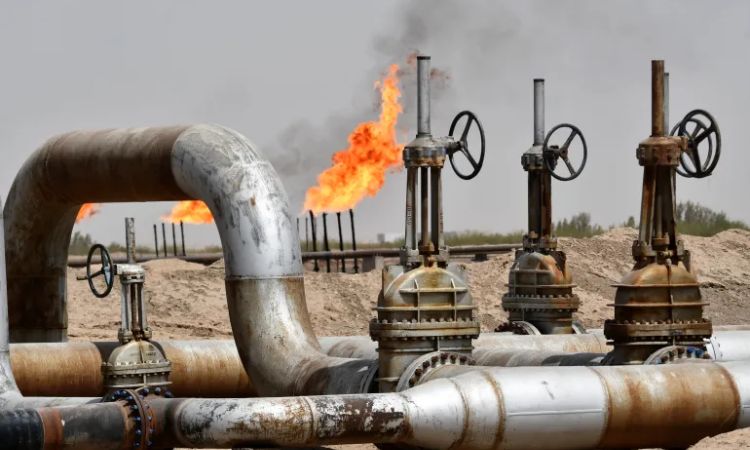Saudi Arabia takes unilateral action to reduce oil supply, aiming to boost crude prices after previous OPEC+ cuts failed. Concerns over uncertain fuel demand persist due to economic weakness in the US and Europe, as well as China’s slower recovery. The decision reflects Saudi Arabia’s commitment to transparent and fair production targets. Lower oil prices have benefited global consumers, but the market remains uncertain about when the global economy will regain its thirst for fuel.

In a bid to support declining crude prices following unsuccessful production cuts by OPEC+ members, Saudi Arabia has announced a reduction in oil exports to the global market. Starting in July, the kingdom plans to cut its daily oil production by 1 million barrels. While the rest of the OPEC+ alliance agreed to extend previous supply cuts until the end of 2024, Saudi Arabia’s move is seen as an independent effort to stabilize the market.
During a news conference held at OPEC headquarters in Vienna, Saudi Energy Minister Abdulaziz bin Salman expressed his satisfaction with the agreement, highlighting its unprecedented quality and transparency in setting production targets. The slump in oil prices has benefited consumers worldwide by lowering fuel costs and providing some relief from inflation.
The decision by Saudi Arabia to implement further cuts underscores the uncertain demand for fuel in the coming months. Concerns persist about economic weakness in the United States and Europe, while China’s recovery from COVID-19 restrictions has been less robust than anticipated.
As the leading producer in the OPEC oil cartel, Saudi Arabia previously participated in a surprise cut of 1.16 million barrels per day in April, with the kingdom’s share amounting to 500,000 barrels. However, these cuts failed to have a lasting impact on oil prices. Although the international benchmark Brent crude briefly reached $87 per barrel, it has since retreated and currently hovers below $75 per barrel. Similarly, U.S. crude oil has dropped below $70.
The decrease in oil prices has provided relief to U.S. drivers as they begin the summer travel season, with gasoline prices averaging $3.55 per gallon, down $1.02 from the previous year. Falling energy prices have also contributed to a decline in inflation among the 20 European countries that use the euro, reaching its lowest level since before the Russian invasion of Ukraine. While the recent production cut may lead to an increase in oil prices and subsequently gasoline costs, the uncertain recovery of the global economy and its demand for fuel in travel and industry remain significant factors.
The decision to cut production comes after bin Salman issued a stern warning to speculators betting on lower oil prices. Saudi Arabia heavily relies on sustained high oil revenue to finance ambitious development projects aimed at diversifying the country’s economy beyond oil. According to the International Monetary Fund, the kingdom requires an oil price of $80.90 per barrel to meet its spending commitments, which include the futuristic desert city project called Neom, budgeted at $500 billion.
While oil-producing nations depend on revenue to support their state budgets, they must also consider the impact of higher oil prices on countries reliant on oil consumption. Excessive increases in oil prices can fuel inflation, eroding consumer purchasing power and potentially leading central banks such as the U.S. Federal Reserve to implement further interest rate hikes. Although higher interest rates help combat inflation, they can impede economic growth by restricting access to credit for both consumer purchases and business investments.















